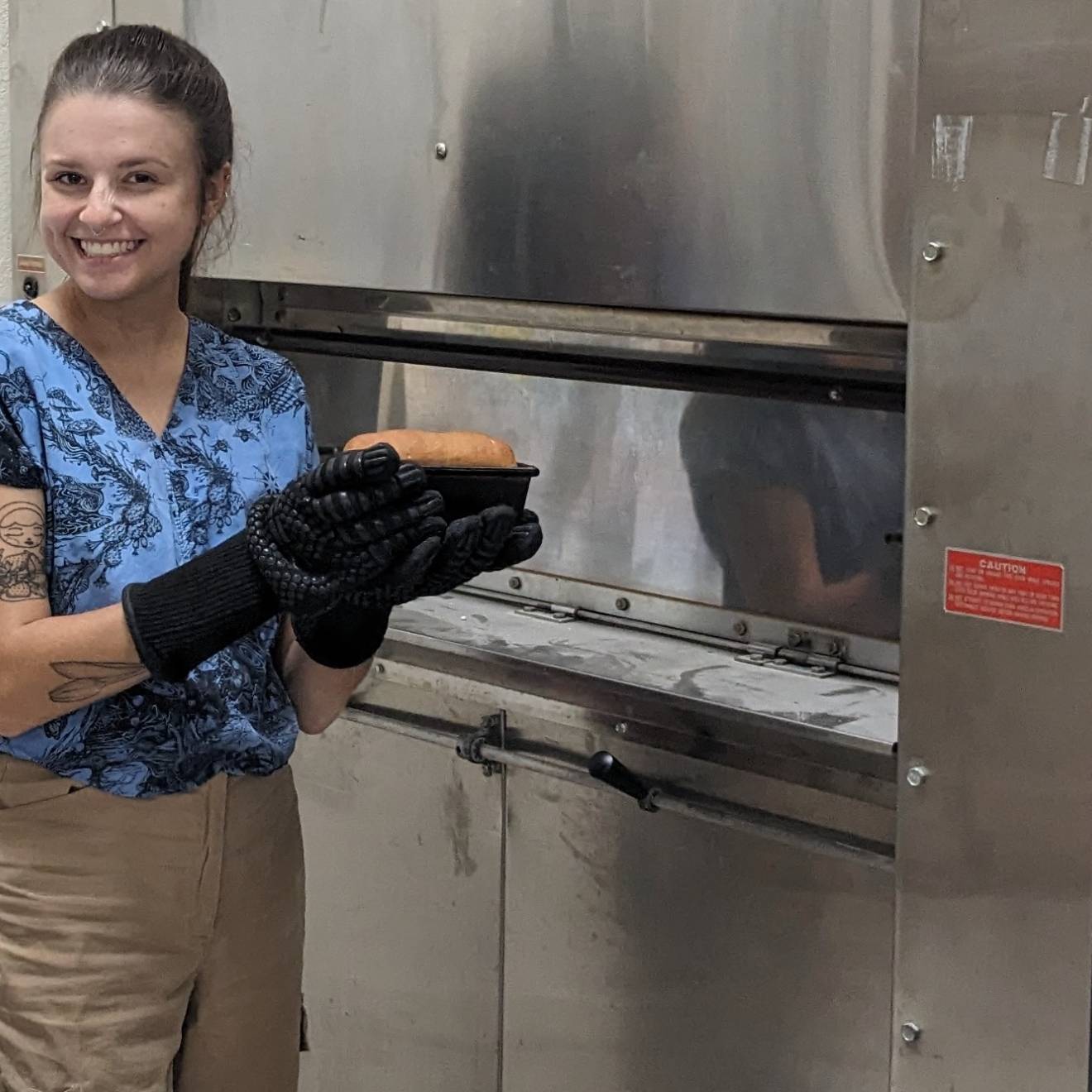Glen Martin, California Magazine

Americans have not only embraced the Shultz dictum that happiness is a warm puppy: They’re applying it to warm rabbits, kangaroo rats, pot-bellied pigs, cockatiels and ferrets. And for that matter, to decidedly tepid ball pythons, Cuban rock iguanas and Chilean rose hair tarantulas. The issue here isn’t the type of beastie; it’s that animals equate to happiness, whether you’re at home, in the workplace, or in the stressful milieu that is the modern academy.
An increasing number of students believe they benefit from having pets for emotional support or comfort. And those with diagnosed mental health problems — including anxiety, panic attacks and depression — are asserting their right to keep them in university residences at campuses such as UC Berkeley.
Although counseling or psychiatric care may be necessary to address these real and growing needs, pets can be a valuable adjunct for restoring the emotional equilibrium of troubled students. Some of the evidence for this is simply empirical: Who hasn’t felt better stroking a furry cat or feeding a carrot to an equable equine? Though still relatively scant, there is scientific evidence for the positive effects of animal propinquity. A recent article in the journal Frontiers in Psychology, for instance, concluded that “animal-assisted intervention” may prove a good complementary therapy option for trauma.
Nobody claims the dorms are evolving into petting zoos. But animals are gaining a toehold (clawhold?) in Cal residences.
Which is all well and good if you’re cool with critters in general—but what if you’re afraid of dogs, allergic to cat dander, or freaked out by snakes, even the benign non-venomous kind? Is the French lop rabbit down the hall just the camel’s nose under the tent, a harbinger that the residences will soon teem with—well, camels?

